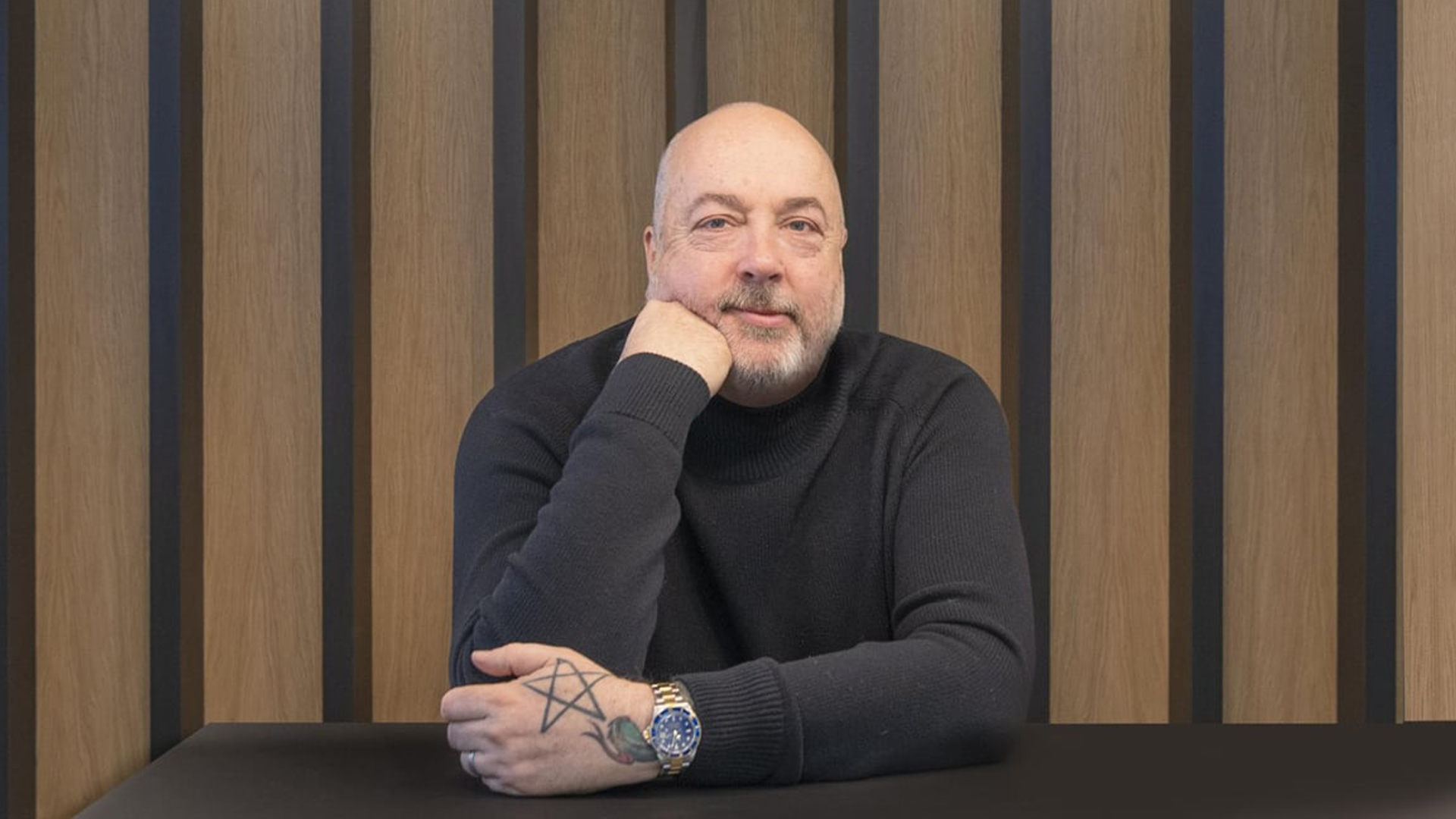
Julian Kyanston is the founder of Propaganda, a brand consultancy transforming business through "creative excellence and commercial rigour." After a tumultuous youth surrounded by football gangs, Julian made an unconventional debut in the world of branding before advancing to shape leading brands like GHD and Illamasqua.
Julian recently released his memoir, Brand Warfare: From the Terraces to the Boardroom – a candidly inspiring tale of his creative journey. As part of our Day in the Life series, I caught up with Julian to discuss the creation of his new book, the evolution of the industry and what makes a successful brand in 2025.
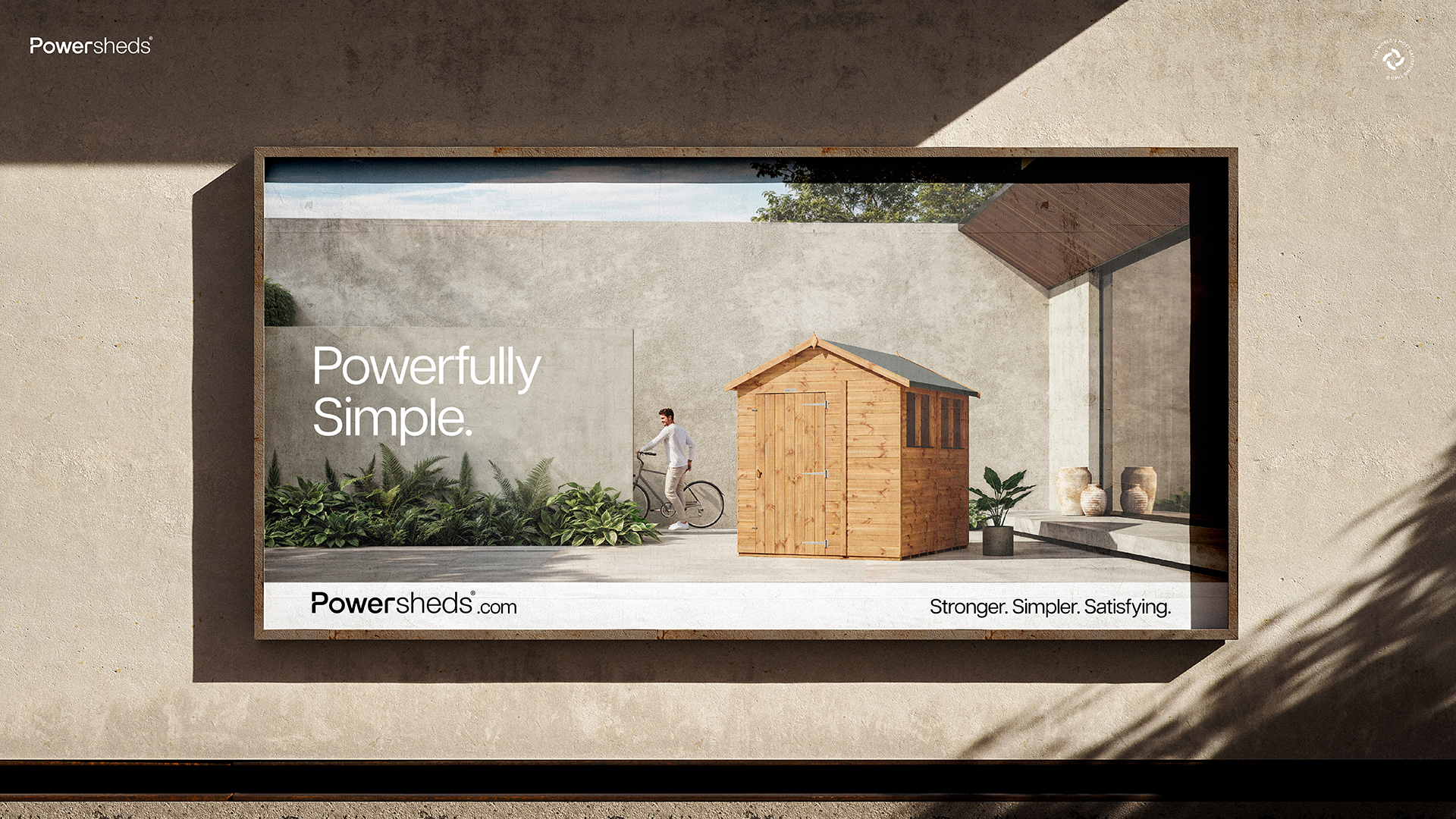
Could you walk me through a typical day in your role?
This can be insanely varied – it really does depend on the day. I like an early start. First thing is doing a full catch up on emails and social. I try and respond to emails as quickly as possible after they come in. Throughout the day I deal with them almost in real time.
I’ll work wherever motivates me that day. Either in the office, at home, a coffee bar, or sometimes I’ll work at a client’s office. It’s all about my mood on the day.
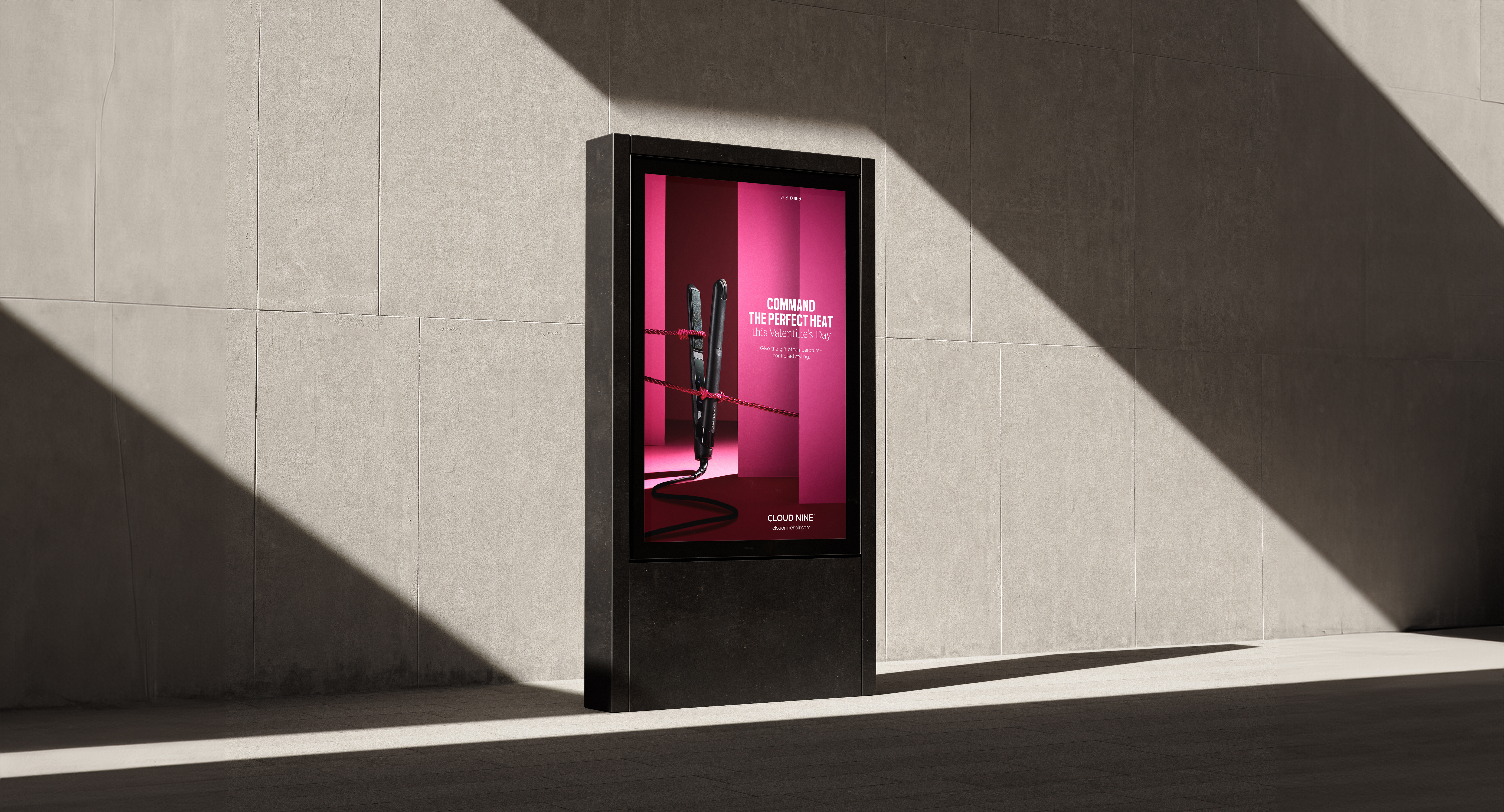
How did your upbringing influence your career?
Growing up in working class Yorkshire and falling into the ‘casuals’ youth culture in the 80s had a huge impact on my career, which is something I talk a lot about in Brand Warfare. The biggest influence for me has got to be the obsession with designer labels and brands. It was a real culture of one-upmanship and wearing the right brands was everything! I still remember unboxing my first Giorgio Armani sweatshirt. I can’t even describe the feeling, it was like electricity.
In the casuals, when you’re dressed in your gear, it felt like armour. It gave you the courage to stand your ground in a brawl or to rush the pitch or whatever. You felt invincible. All this from a cotton jumper! That’s the power of brand. Experiencing that myself from a young age, I’m always trying to capture those emotions and recreate that same passion, obsession and loyalty for the brands I work with.

What was your early career like?
If we’re talking about my very early career? Toxic. I was a screen printer, and I constantly stank like a meth lab. The only advantage of being a screen printer back then was that you smelled so bad you were guaranteed a seat to yourself on the bus!
When I was 22, I created Propaganda. Art and creativity was a big part of my family lineage and I was so blown away by the world of design agencies. They were these modern creative palaces for free thinking and imagination. So I decided to start one myself.
Things at Prop were definitely slow at first. I managed to convince a lot of people to take a chance on me – the landlord gave me three months’ credit on rent, the first couple staff were willing to wait two months before being paid, but eventually a print project came along which was worth more than a year’s salary at my old print job! After that, things started to pick up, but it was a constant learning curve. Now here we are over 30 years later!
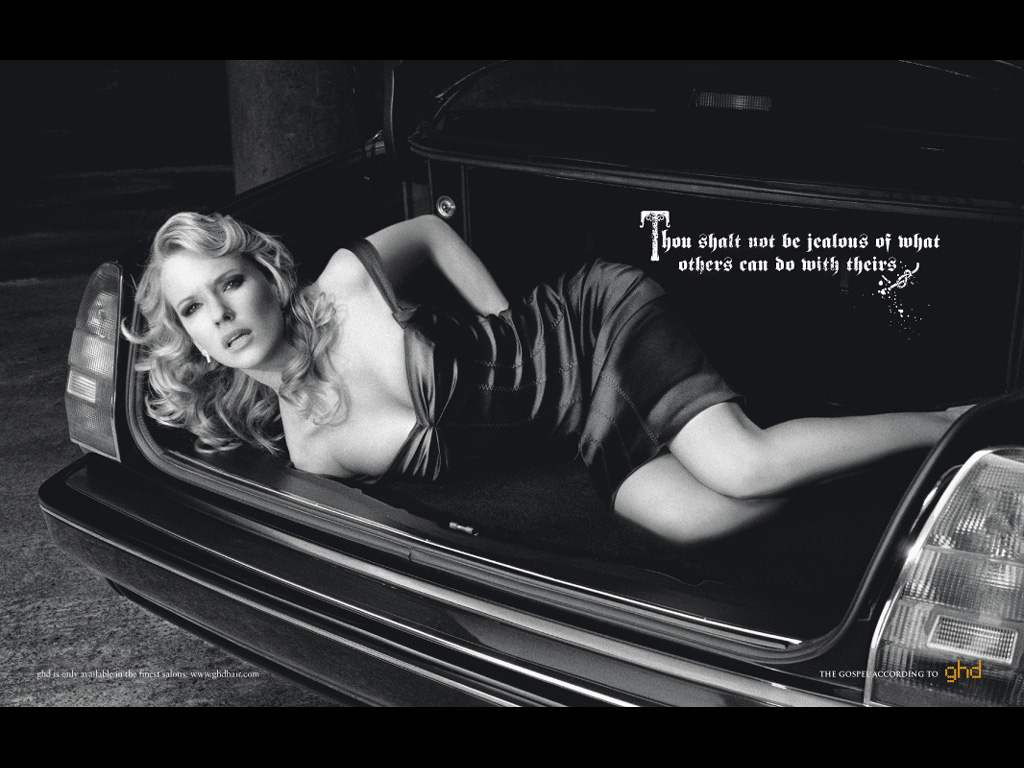
Why did you ban pitching at Propaganda?
Pitching is a completely flawed (and often corrupt) process that exists only to boost the ego of some lightweight client marketing bod working at the company. It’s really not complex to choose an agency. You research their reputation, or better still, find whoever is behind the great work you’ve seen. From there, meet the agency and check the chemistry – get an idea if you think you’ll be able to work well with them. That’s all it needs to be – job done.
If you talk to people in the C-suite, they all agree that it’s a slow and ineffective farce. You’re given two or three weeks to put together ideas for a client, rather than having time to really understand the business and their industry. And then, assuming you get the job, no matter how much you deliver for that business, once the contract’s up they go out to tender and you have to go through the whole thing again.
The energy that we used to put into pitching now goes into retaining clients
We decided to stop pitching at Propaganda about 15 years ago and you can chart the difference that decision has made for the business. The energy that we used to put into pitching now goes into retaining clients – doing better work and getting better results, which ends up growing our revenue through those clients.
Now when we’re approached by new business, we do what we call we Brand DiscoveryTM which is a three month deep dive into that company and their sector. We’re proud of this process and we rightly charge for our time. After this we know that the ideas we’re presenting the business with come from a deep understanding of their industry and their position in it. The pitching process doesn’t allow for this – you just don’t have the time or the resources to do deep research when you’ve got a 3 week turnaround and you’re doing it for free.
Tell me more about founding Illamasqua
That came about from a bet! Someone asked me, if Propaganda’s so good, why don’t you build your own brand and prove that your methods really work. If someone throws down the gauntlet, I’m going to pick it up, especially if it’s about defending my reputation or Propaganda’s reputation. So I asked them to name a market and we’d do it. They said makeup which, at the time, was completely dominated by a handful of heritage brands (L’Oréal, Estée Lauder, Chanel etc.)
It was a huge challenge going against the big guns in the sector and starting from zero, but I ended up falling in love with the industry. We visited dozens of beauty halls across the UK and, speaking to the staff and customers, the word “professional” kept coming up. So we built the brand around being the real professionals – not makeup artists, but the scientists who created products for the film industry, theatre companies, opera houses.
We made Illamasqua a home for people who didn’t feel embraced by the traditional make up world like punks, goths, drag queens, club kids.
We were really inspired by that theatricality, which led to the name Illamasqua – “illusion” blended with “masquerade”. Because the legacy brands had such a hold on the makeup industry, we turned that predictability and monotony to our advantage. We made Illamasqua a home for people who didn’t feel embraced by the traditional make up world like punks, goths, drag queens, club kids.
Selfridges were so bought into the idea they gave us a huge launch space in their Oxford Street store, bigger than they’d ever offered a beauty brand. We turned every day at Selfridges into a performance, with energetic music, striking lighting, and beautifully made-up drag queens. It was something no one had seen before from a beauty brand. Celebrities like Courtney Love, Adam Ant, and Amy Winehouse were falling over themselves to get Illamasqua and Vogue called us “the most significant brand in makeup for twenty-five years.”
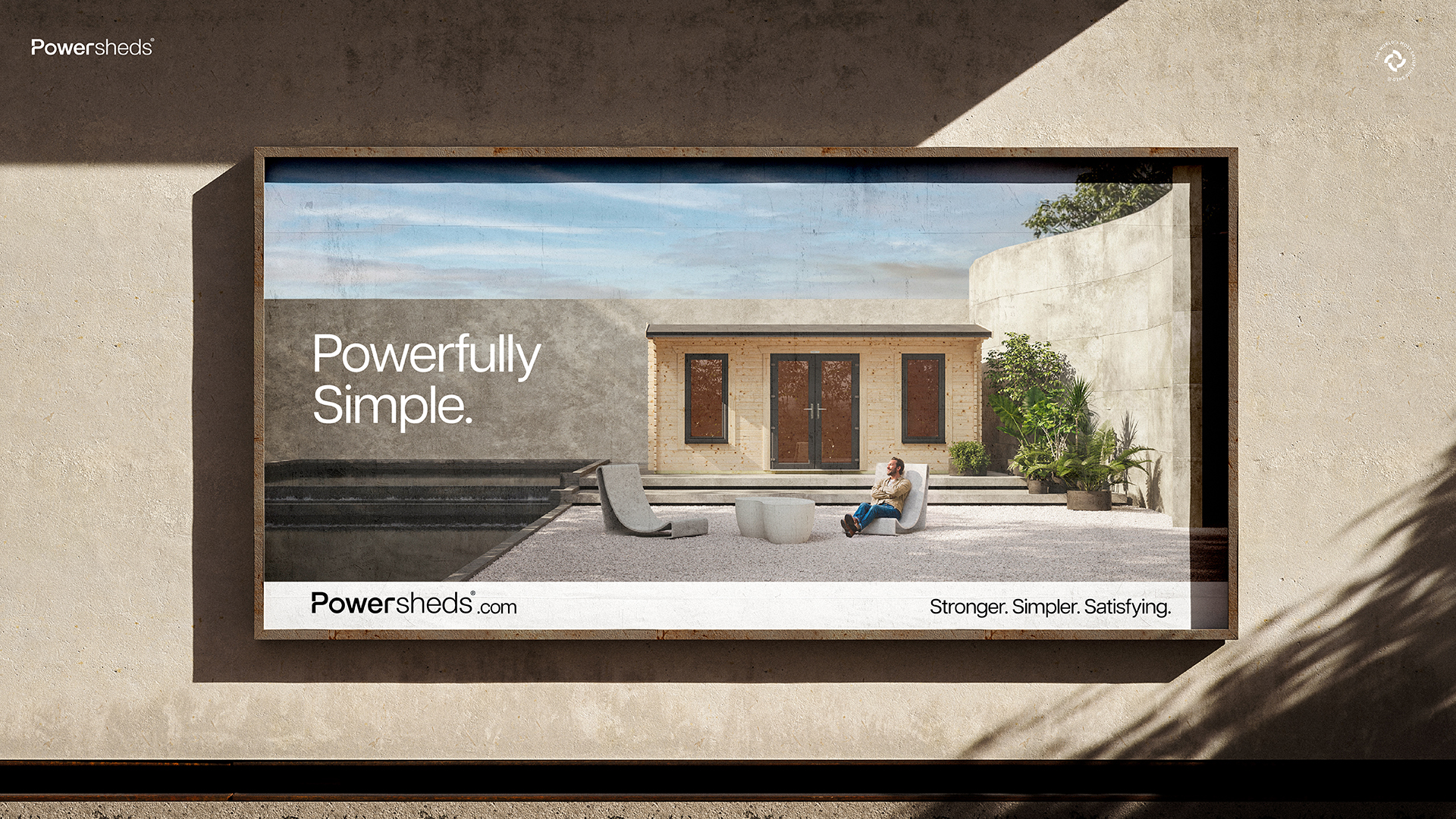
What’s your dream project/dream client?
Any brand that was once on top, regardless of its sector, that has subsequently found itself in the wilderness and wants to return to the number one position. That’s our sweet spot. We’ve taken on many brands in that position over the years and given them a new lease on life.
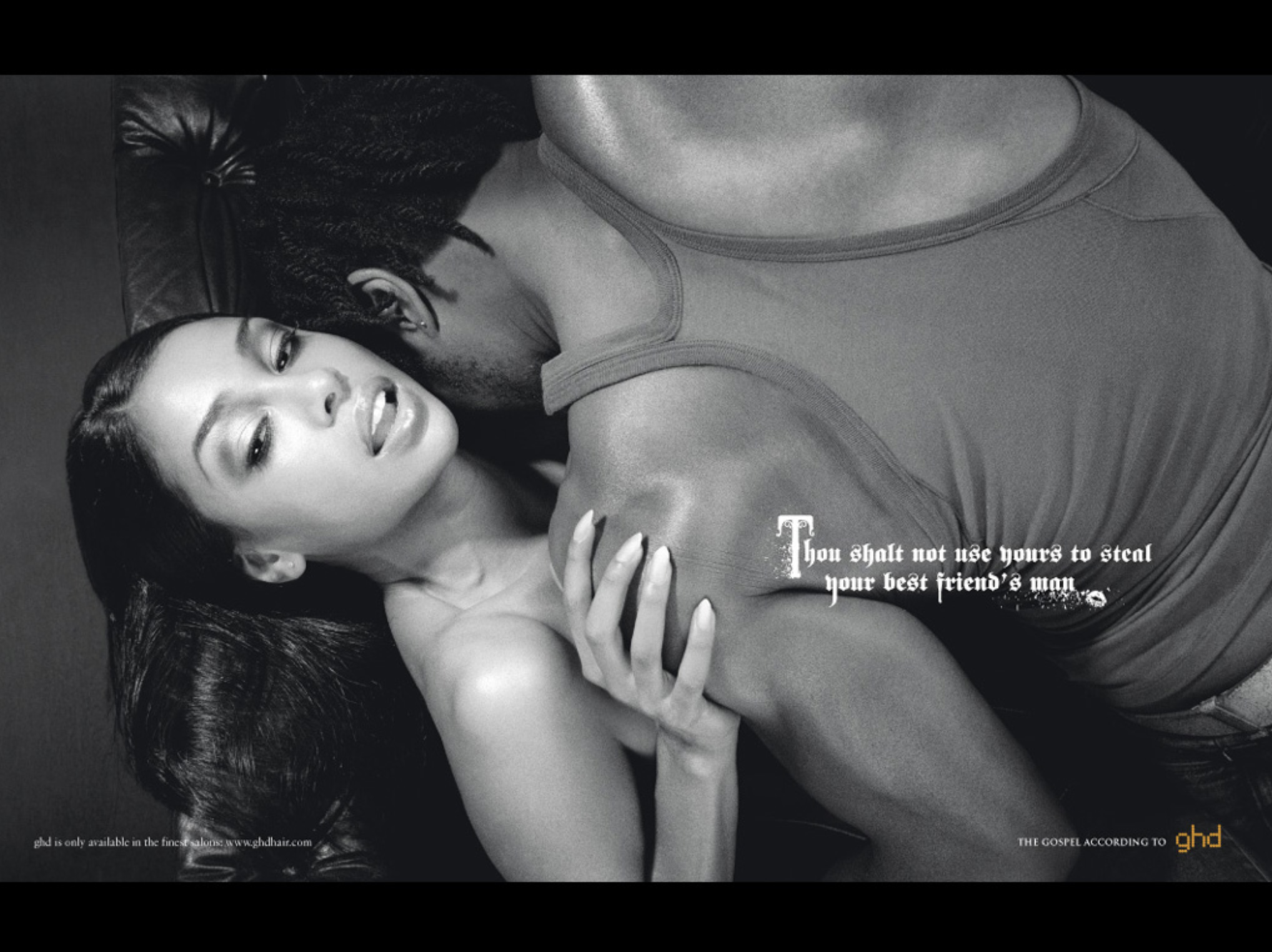
How has the branding world changed since you entered the industry?
People are much less affected by what used to be the basics. It used to be about who has the most expensive campaign, but that’s not the case anymore. I’m all about outthinking the competition, not outspending them. There’s a lot more recognition of that now. I've never been someone who just wants to work with the biggest brand in a sector. If you can just buy £3 million worth of ads, you don’t need me in the room. It’s much more exciting to take a smaller brand and help them punch above their weight and take on the giants.
The one constant is the feeling that a brand can give you
The other thing is that everything’s much, much faster and things change so quickly. Especially with Ecom brands, Google changes this or that in their algorithm and you’re constantly struggling to catch up.
The one constant is the feeling that a brand can give you. That’s exactly the same today as it was when I put on my first Armani sweatshirt all those years ago. You don’t get that feeling through a Google search – that’s the power of brand.
What makes a great brand in 2025?
Nowadays people see through bullshit so quickly, so a brand needs to be authentic to itself. What is important to you and what is important to your customers? Dig deep into that, rather than just trying to follow trends that have nothing to do with you.
Great brands also retain a degree of mystery. Don’t just give everything away, make them work for it a little bit. Telling someone they can’t have something makes them want it more!
Finally, the one thing that all great brands do is give up wanting to be liked by everybody. You’re never going to be liked by everyone, you need to accept that. Find the audience who loves you. And with people loving you, there are always going to be some that hate you – use that to your advantage. Don’t be afraid to upset people. For every person you upset on one side, there’ll be 10 on the other side who love you more. Be loved, accept the hatred and walk away from banal chasing of being liked.

What are your favourite tools?
My favourite tool is a no-holds-barred, super-uncomfortable meeting. Being able to be completely honest, and embrace the uncomfortability lets us push ideas further than the competition. This is where the best work comes from.
Tell me more about your new book Brand Warfare: From the Terraces to the Boardroom
The book is me looking back and realising that my youth actually equipped me for my professional life. I had no idea at the time, I thought if anything my background was something that would hold me back, but it’s been the opposite. All those experiences taught me what I needed to learn – the value of brand, the importance of perception, the power of standing your ground. So this is a book for people with imposter syndrome!
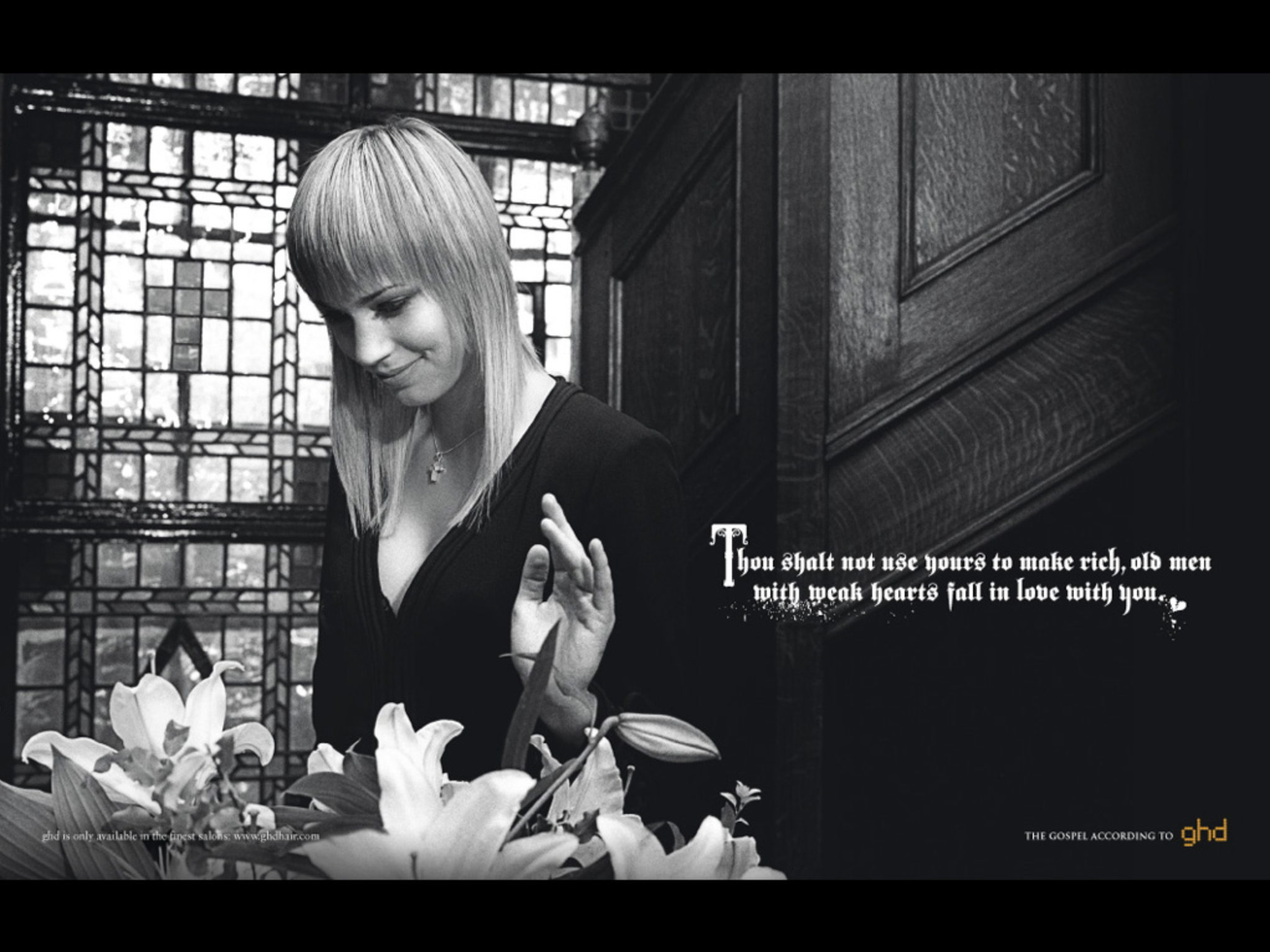
What do you think your industry needs to improve?
Gravitas gravitas gravitas. Agencies need to earn the respect of the brands they work with. So first off, free pitching needs to go. They’re never going to respect you when the marketing head’s made you jump through all these hoops just to get the contract.
On top of that, we need to engage directly with the C-suite or business owners. They’re the people who make the real decisions and have the business’ long term goals in mind. Even with the best intentions, having to work through a marketing manager just dilutes the relationship.
Before we started working with the C-suite, there were so many times we’d share an amazing idea with the Head of Marketing who absolutely loved it. But then we’d hear that the execs didn’t sign off on the strategy because they don’t see the vision. Of course the marketing person – who’s thinking more about their next promotion than on the business goals – won’t present the approach as well as the agency who came up with it. Agencies need the gravitas to work with the actual decision makers.
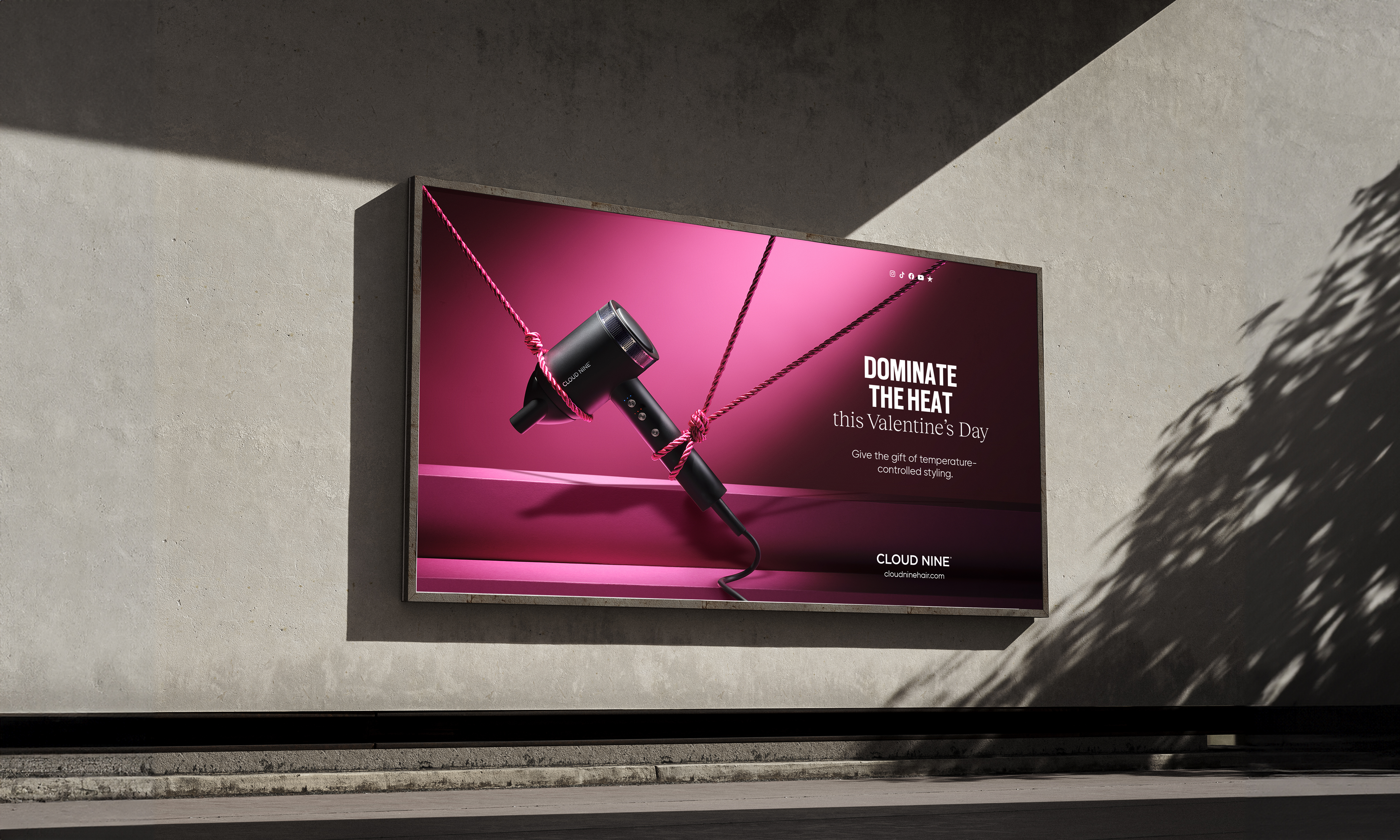
What career advice would you give your younger self?
This one’s simple: Take. More. Risks.
Find out more about Propaganda or check out Julian's book, Brand Warfare: From the Terraces to the Boardroom.







